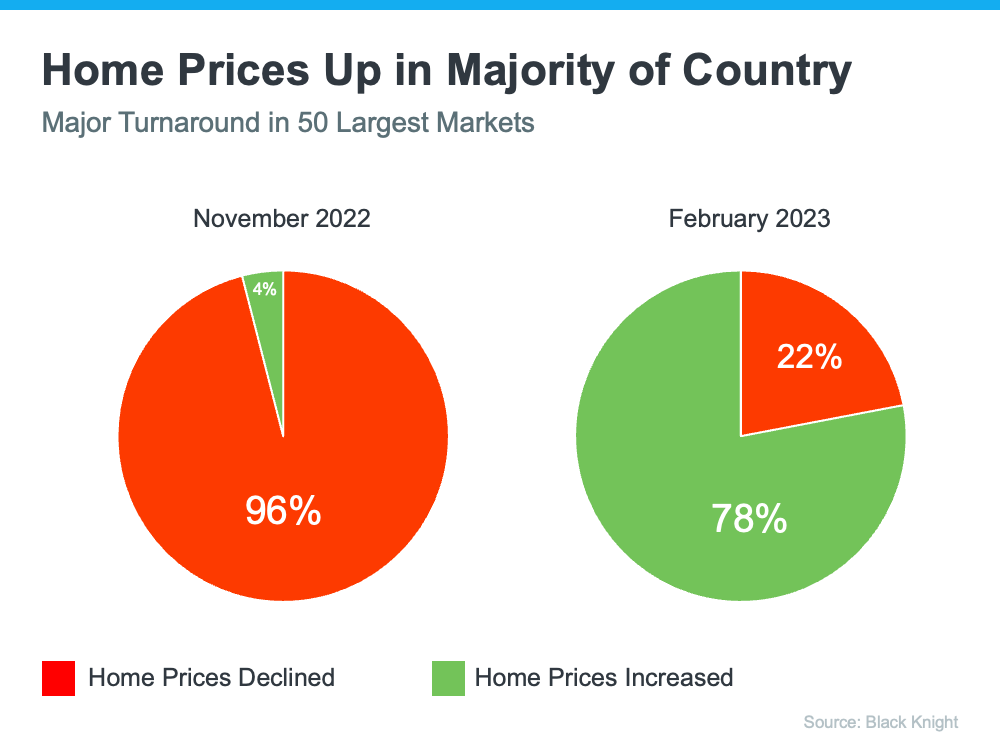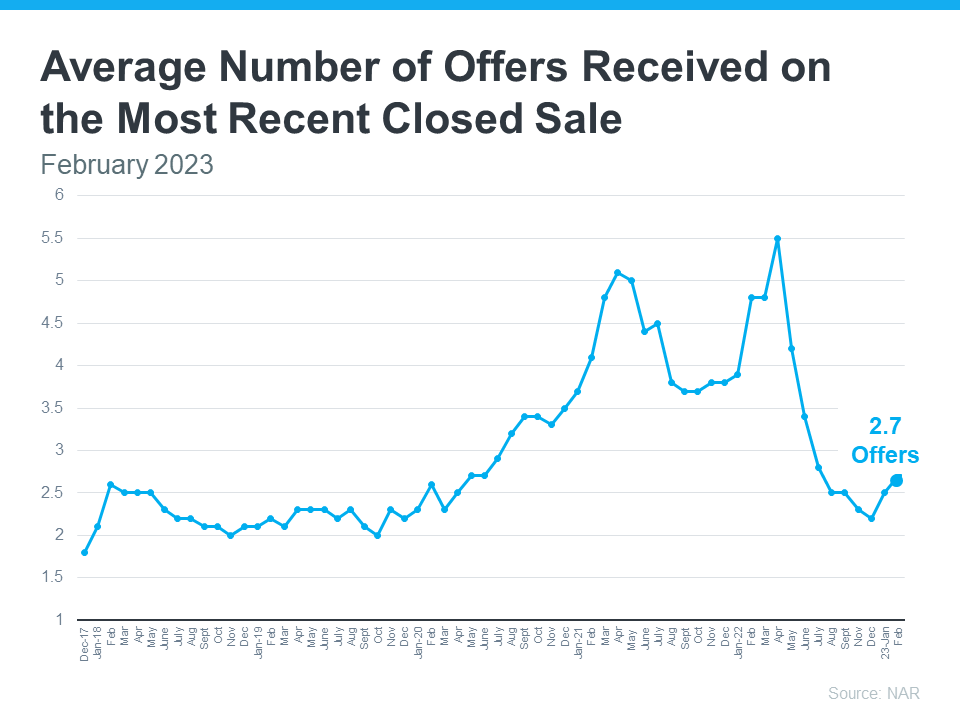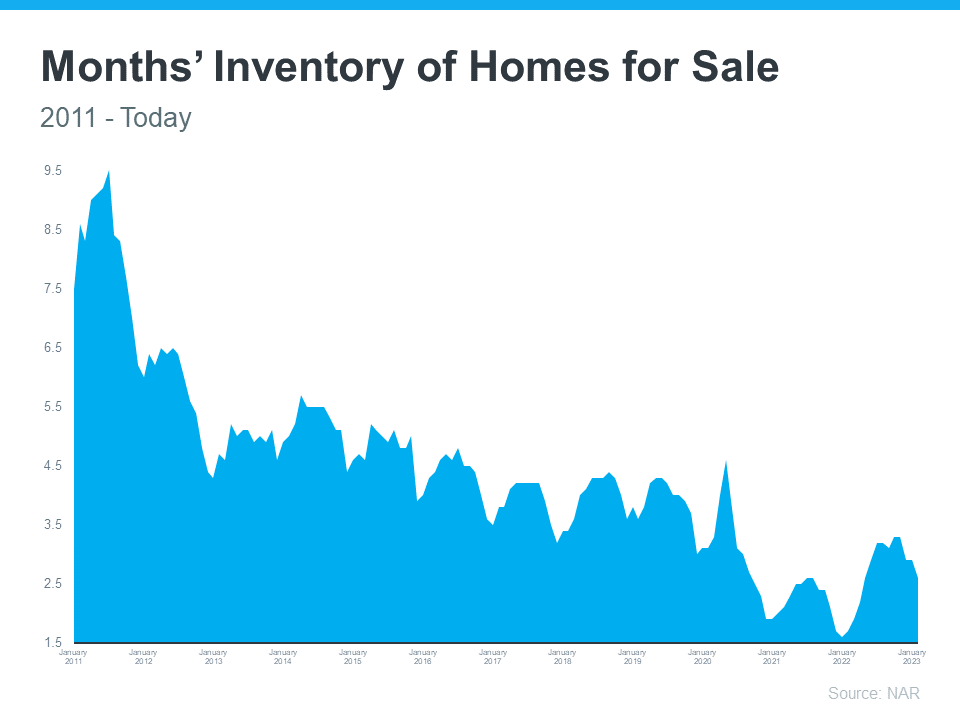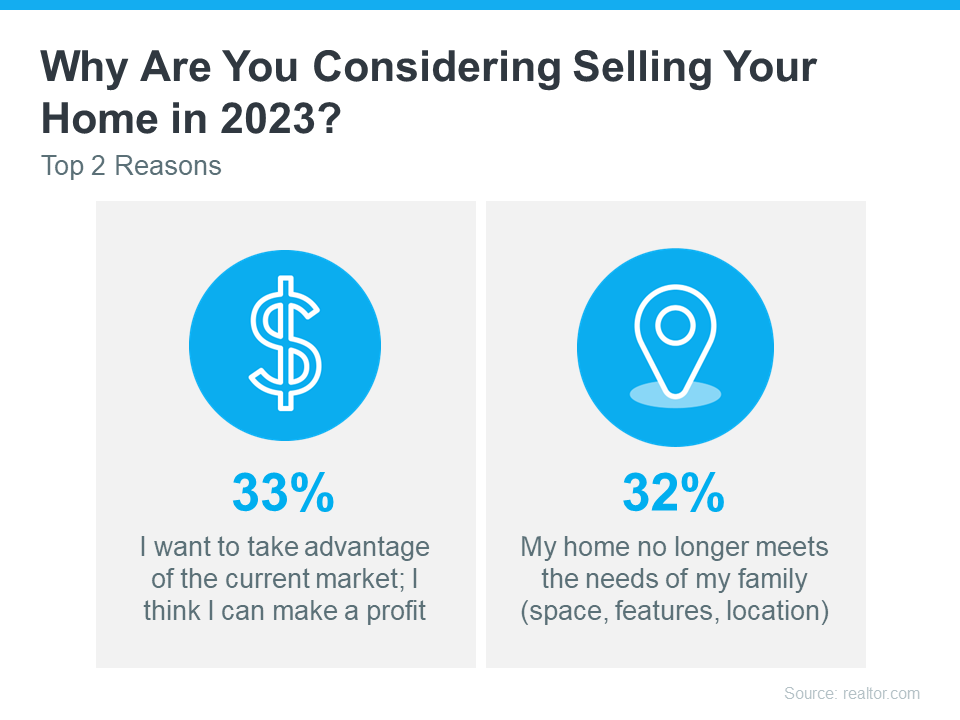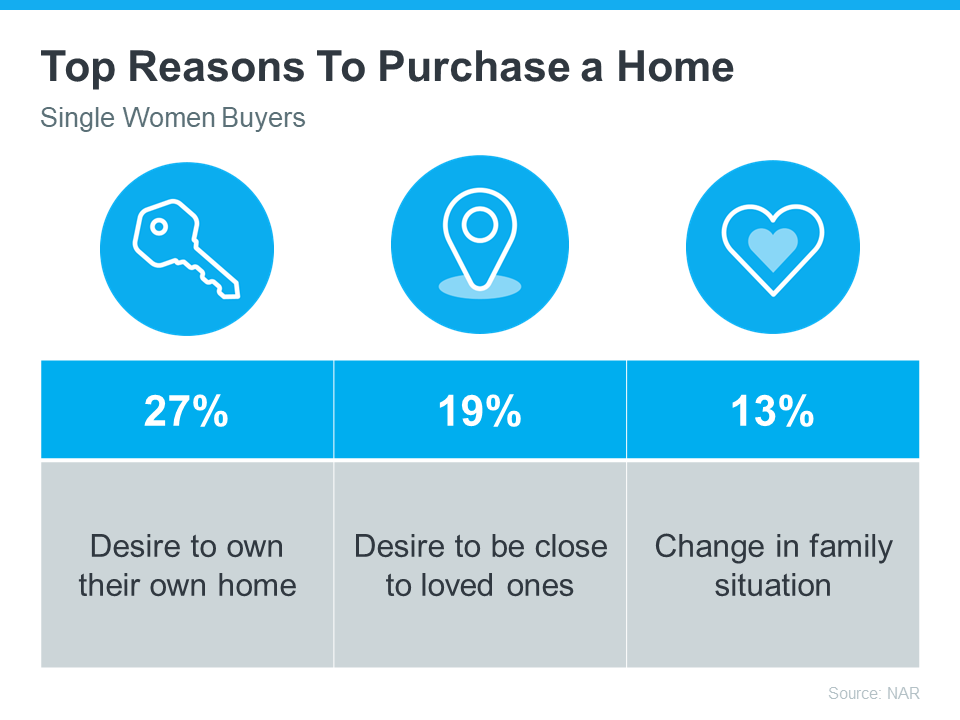
In a seller’s market, it’s not uncommon for homes to sell above their listing price or even their appraised value. But how much is your house worth? Pricing your home correctly is challenging, but there are tools you can use, including hiring an appraiser to complete a pre-appraisal.
A pre-appraisal can be a great jumping off point to identifying the right asking price. With a pre-appraisal in hand, you can work with your real estate agent to assess market conditions and see if you should price higher or lower than the appraised value. You’ll also find insights about your local market on our Home Values page. Simply search by your city, neighborhood, or ZIP code.
Whether you should price your home above its appraisal depends on the accuracy of the appraisal, local market demand, neighborhood appeal and the likelihood you’ll get a cash buyer.
If you sell to a buyer with financing, their lender will order another appraisal before closing to protect themselves from lending more than the house is worth. In that case, it’s ideal to list right at the appraised value, or even a little under, so the deal goes smoothly. But if you have a cash buyer, they’re not beholden to a lender’s appraisal, so they can offer whatever amount they want.
What is a pre-listing home appraisal?
A pre-listing home appraisal is when a professional, licensed local appraiser analyzes your home’s condition in person to determine its value. The appraiser also considers similar homes recently sold in your area. There’s always room for error, as appraisals combine both technical valuations and the appraiser’s professional opinion on what different features of your home are worth.
What an appraisal takes into consideration
-
Square footage
-
Number of bedrooms and bathrooms
-
Age of house
-
Age of mechanical systems
-
Condition, layout and finishes
-
Location and nearby amenities
-
Comparable recent sales (usually three)
What the appraisal doesn’t cover
Appraisers are looking at the technical and economic aspects of the home and may not account for the human aspect of real estate — buyers will ultimately pay what they think a home is worth, based on how badly they want to buy it. In a sellers market, many buyers are even willing to pay cash to make up the difference between the appraised value and the offer price.
While an appraisal gives you a good idea of your home’s value, there’s no way your appraiser can predict how your home will perform on the open market. Maybe you’ll get 10 offers, and the price will be driven up. Maybe it will stay on the market for weeks or months, and you’ll need to do a price reduction. These are things that no appraiser can account for. If you’re looking for a listing price estimate that weighs all local market factors, review a comparative market analysis (CMA) — more on that later.
Should I get an appraisal before listing?
A pre-appraisal isn’t required, but it can be a good idea if you’ve done a lot of home upgrades recently and you’re not sure how much value they’ve added. They’re also helpful if there aren’t good comparable listings in your area or you’re going to sell for sale by owner (FSBO).
If you’re selling in an extreme buyers or sellers market, your home could sell quite a bit above or below your appraised value, so ask your agent if they think doing a pre-appraisal makes sense for you.
Assessed value vs. appraised value vs. fair market value
When determining the best listing price for your home, you may hear three different terms tossed around: assessed value, appraised value and fair market value. It’s important to understand the differences among the three so you can be smart about deciding how to price your home.
Assessed value
The assessed value of a home comes from the local tax assessor’s office, usually on a yearly basis. It’s the figure they use to determine how much you owe in property taxes. Your home’s assessed value is typically much lower than an appraised value or a fair market value, so it should not be used to determine listing price.
Appraised value
The appraised value is the number your professional licensed appraiser gives you after evaluating your home and reviewing comparable sales. For example, let’s say your home is similar to one down the street that recently sold, but you’ve updated the kitchen. You’ll get “credit” for the updates in your kitchen, and that will be calculated into your appraised value.
Fair market value
Your home’s fair market value is the amount a buyer is actually willing to pay for your home. What a buyer decides to offer is based on a variety of factors, including local market and economic conditions, interest rates, demand, employment and their personal attachment to the home.
Many sellers base their listing price off of what they feel is the fair market value, because it’s the most comprehensive pricing strategy. Depending on the state of your market, sellers sometimes price their home a bit under fair market value in hopes of inciting a bidding war that drives the price up.
How do you find your fair market value? Your real estate agent should provide a CMA that weighs the positive and negative features of your home, as well as local market trends and demand.
What is the average cost of a house appraisal?
You can expect to spend roughly $500 for an appraisal, but the cost can be lower or higher based on where you live and the size of your home.







